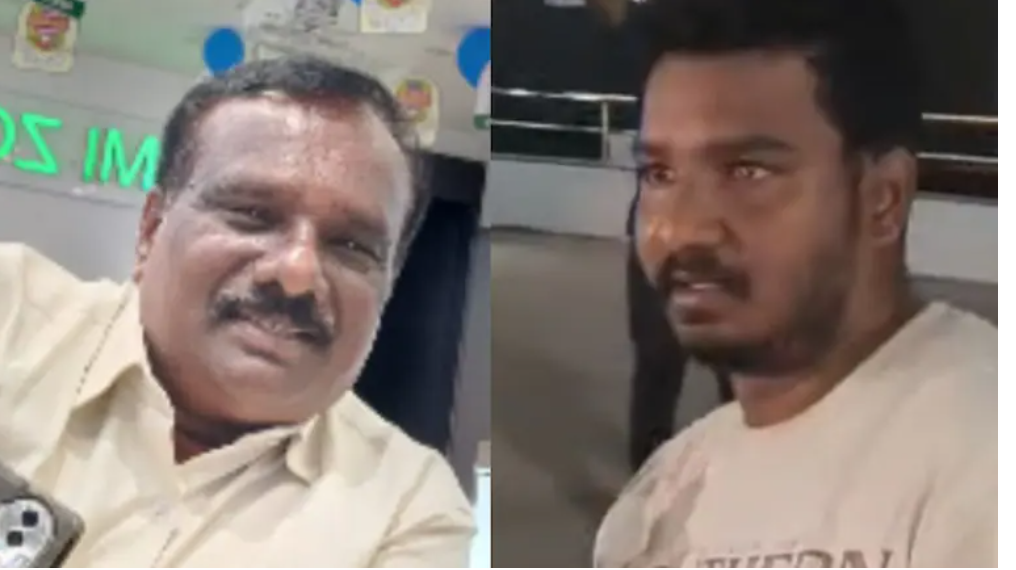[vc_row][vc_column][vc_column_text]Bihar CM tweaks reservation rules; quota system to apply if government hires somebody for its work through outsourcing company and pays salary from its coffers
In a bid that could help his party, the Janata Dal (United) consolidate its vote-bank among the scheduled castes, scheduled tribes, other backward classes and disabled people, Bihar chief minister Nitish Kumar has decided to give a make-over to the prevailing reservation system, at least in his state.
Days after his government decided to tweak the Bihar Reservation Act 2003 to extend reservations even in the private sector by asserting that if any government department outsources its work to a private company, the state’s 50 per cent reservation policy would apply to the said project, Kumar, on Monday, laid out the rationale for the move.
While the decision to extend quota benefits even to outsourced government projects had attracted criticism from private companies, industry bodies, sections of the Opposition and even leaders from his own JD (D)-BJP coalition government, Kumar insisted that those opposed to the move have “very little understanding” of the issue.
Kumar insisted that the new quota rules, which some ruling alliance leaders have also found fault with, were brought in accordance with the Bihar Reservation Act 2003.
The Bihar chief minister Nitish Kumar said that the Bihar Reservation Act proposes that it the state government hires somebody (a private player) for its work – even if through an outsourcing company – and pays salary from the Treasury’s coffers, then the quota system prevailing in the state will apply to such a project.
“If we (the government) award a contract to somebody for undertaking a work, then the contractor will not be bound by quota policy since he will be hiring and he will be paying,” Kumar clarified while adding: “in case of outsourced services availed of by the government, the reservation rules will be obviously different and will be applied as per the reservation Act.”
“People who are raising a hue and cry over the issue have very little understanding,” Kumar said.
The chief minister added: “If you’re using government money and giving employment, then you have to follow the Reservation Act of the state… Although I am opposed to outsourcing, and favour that a department should hire directly, we have made rules which ensure that if we are employing someone through outsourcing, then reservation policies should be followed.”
Raising an issue which is likely to rile India Inc., Kumar said he also wanted the Prime Minister Narendra Modi-led BJP government at the Centre to “initiate a debate on introducing 50 per cent reservation in the private sector.”[/vc_column_text][vc_raw_html]JTNDYmxvY2txdW90ZSUyMGNsYXNzJTNEJTIydHdpdHRlci10d2VldCUyMiUyMGRhdGEtbGFuZyUzRCUyMmVuJTIyJTNFJTNDcCUyMGxhbmclM0QlMjJlbiUyMiUyMGRpciUzRCUyMmx0ciUyMiUzRUl0JTI2JTIzMzklM0JzJTIwbXklMjBvcGluaW9uJTIwdGhhdCUyMHRoZXJlJTIwbXVzdCUyMGJlJTIwcmVzZXJ2YXRpb24lMjBpbiUyMHByaXZhdGUlMjBzZWN0b3IlMjB0b28uJTIwVGhlcmUlMjBtdXN0JTIwYmUlMjBkZWJhdGUlMjBvbiUyMHRoaXMlMjBhdCUyMHRoZSUyMG5hdGlvbmFsJTIwbGV2ZWwlM0ElMjBCaWhhciUyMENNJTIwaW4lMjBQYXRuYSUyMCUzQ2ElMjBocmVmJTNEJTIyaHR0cHMlM0ElMkYlMkZ0LmNvJTJGNkhscndVZE40USUyMiUzRXBpYy50d2l0dGVyLmNvbSUyRjZIbHJ3VWRONFElM0MlMkZhJTNFJTNDJTJGcCUzRSUyNm1kYXNoJTNCJTIwQU5JJTIwJTI4JTQwQU5JJTI5JTIwJTNDYSUyMGhyZWYlM0QlMjJodHRwcyUzQSUyRiUyRnR3aXR0ZXIuY29tJTJGQU5JJTJGc3RhdHVzJTJGOTI3NDMwODQwOTIwODQ2MzM2JTNGcmVmX3NyYyUzRHR3c3JjJTI1NUV0ZnclMjIlM0VOb3ZlbWJlciUyMDYlMkMlMjAyMDE3JTNDJTJGYSUzRSUzQyUyRmJsb2NrcXVvdGUlM0UlMEElM0NzY3JpcHQlMjBhc3luYyUyMHNyYyUzRCUyMmh0dHBzJTNBJTJGJTJGcGxhdGZvcm0udHdpdHRlci5jb20lMkZ3aWRnZXRzLmpzJTIyJTIwY2hhcnNldCUzRCUyMnV0Zi04JTIyJTNFJTNDJTJGc2NyaXB0JTNF[/vc_raw_html][vc_column_text]In a comment that his ally, the BJP, is not likely to be happy about, Kumar also extended his support for the demand made by the Patidars/Patels of Gujarat for reservations in government jobs and educational institutions. The reservation demand by Patidars and the face of their agitation, Patidar Anamat Andolan Samiti chief Hardik Patel, has pushed the BJP in poll-bound Gujarat in a tight spot, with the Congress now aggressively wooing the influential community in the western state to vote for it, instead of endorsing the saffron party.
Former Speaker of the Bihar Assembly and senior JD (U) leader Uday Narayan Choudhary has spoken against Kumar’s decision to tweak the reservation rules along with senior BJP leader from the state, CP Thakur, who claimed that the new rules may lead to public resentment and a drop in investment in the state.
Kumar, however, seemed adamant on seeing his government’s new reservation rules being implemented and said that “this is not the first experiment of its kind that we have undertaken in Bihar,” while insisting that there was a precedent that he was following. “In 2006, the state government recruited a large number of ex-army personnel (in Special Auxiliary Police force) to make up for the shortfall of policemen in the state… reservation was in place in their case also,” Kumar said.[/vc_column_text][/vc_column][/vc_row]























